Earth Day 2020 – What the lockdown has taught us
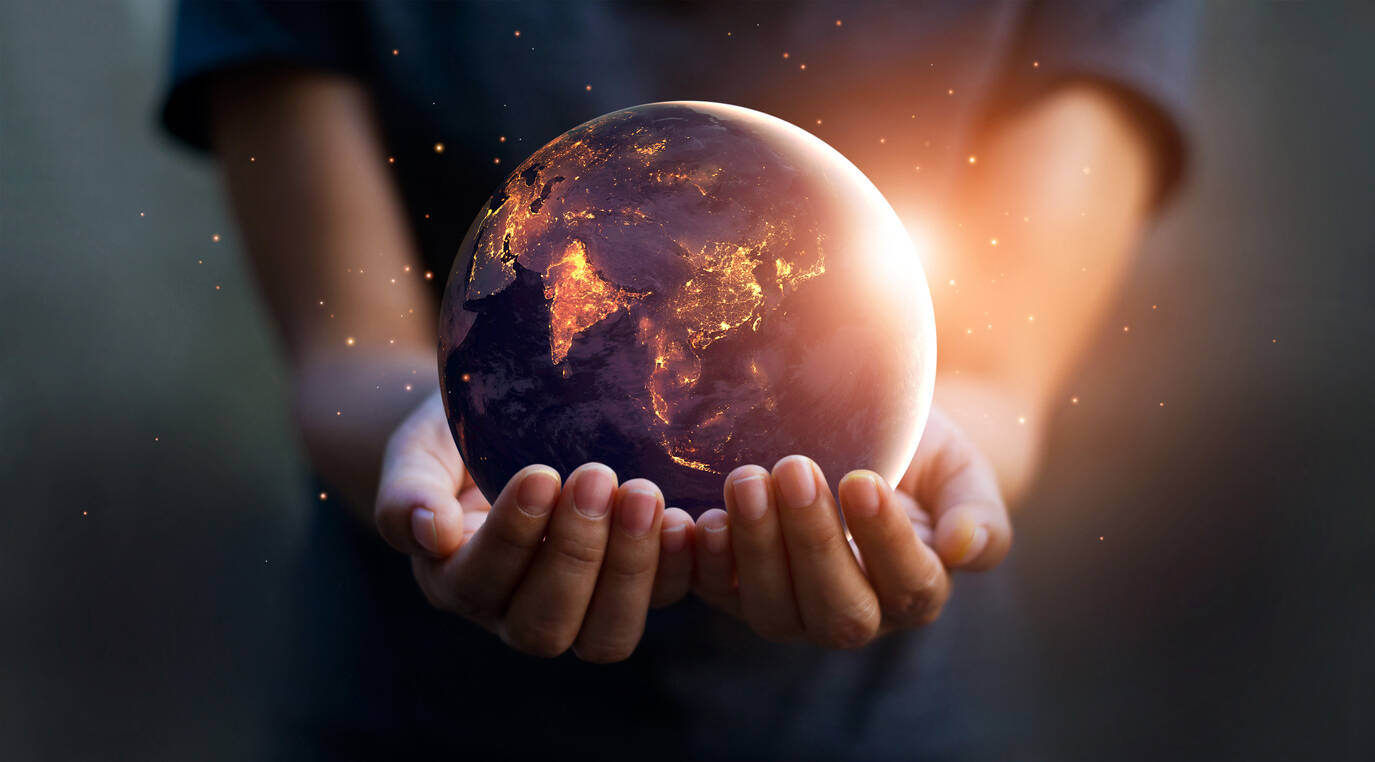
We have been guilty, despising carpools, shrugging away from group tours, making customary annual trips when there was so much waiting to be explored in the neighbourhood, buying fast fashion from sweat markets around the world and so much more. And now, when humankind is under a strict lockdown, our destructive patterns put to a stop, the planet is healing. Nature all around the planet, including India, is mostly in a state of repair as one species limits its movement and behaviour, the species being humans.
If you have been too busy in quarantine and failed to notice, this is what has been marked for the 50th Earth Day, starting from home.
Ganga, Yamuna water cleaner than ever
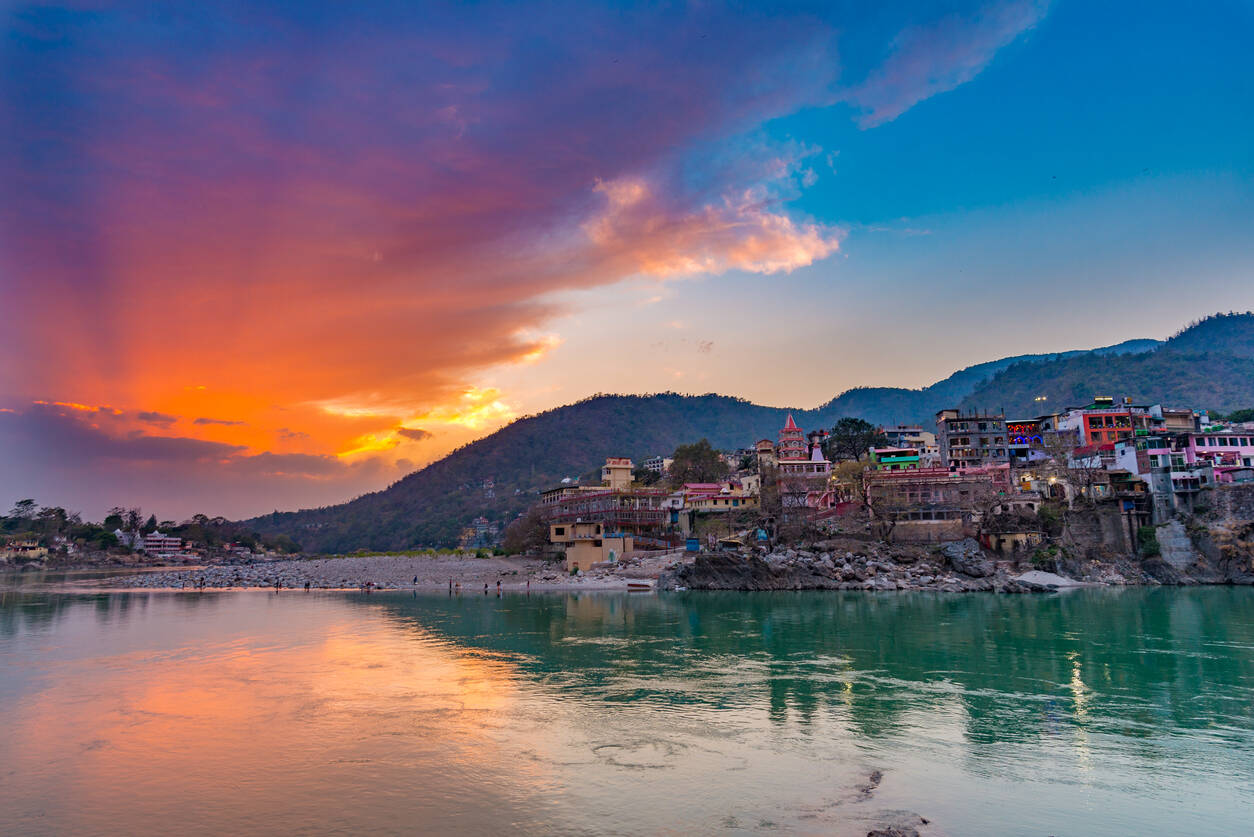
In a surprising development, the once-filthy, foam-laden waters of Yamuna have turned cleaner. Cleaner than it has been seen in decades, its murky water getting back its sparkling blue tinge. Ganga, too, at the seething end of humankind’s invasion, has seen a marked improvement in its quality.
Read more –
Ganga water turns cleaner during lockdown; fit for achaman in Haridwar, Rishikesh
Olive Ridley turtles turned up in Odisha in lakhs!
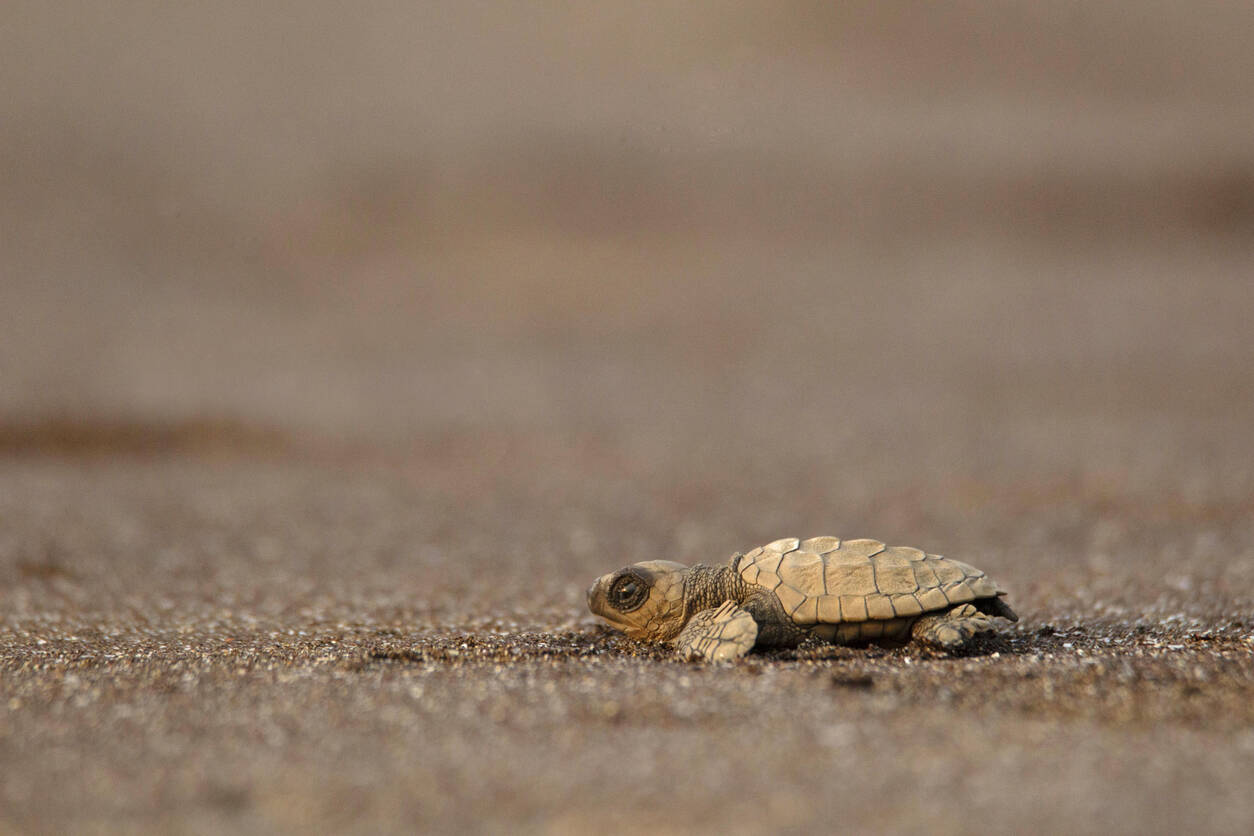
Reportedly, more than 8 lakh Olive Ridley turtles turned up for nesting at Odisha’s coastline. It has been marked as one of the silver lining in the rather bleak situation that we are in today. It is believed that no human interference at the beaches has led to mass nesting this year. 2019 saw no such activity by the species, leading to much uproar in the conservation community.
Read more:
Lakhs of endangered Olive Riley turtles return to Odisha’s coast for nesting as humans are locked inside
Snow leopards spotted in Uttarakhand
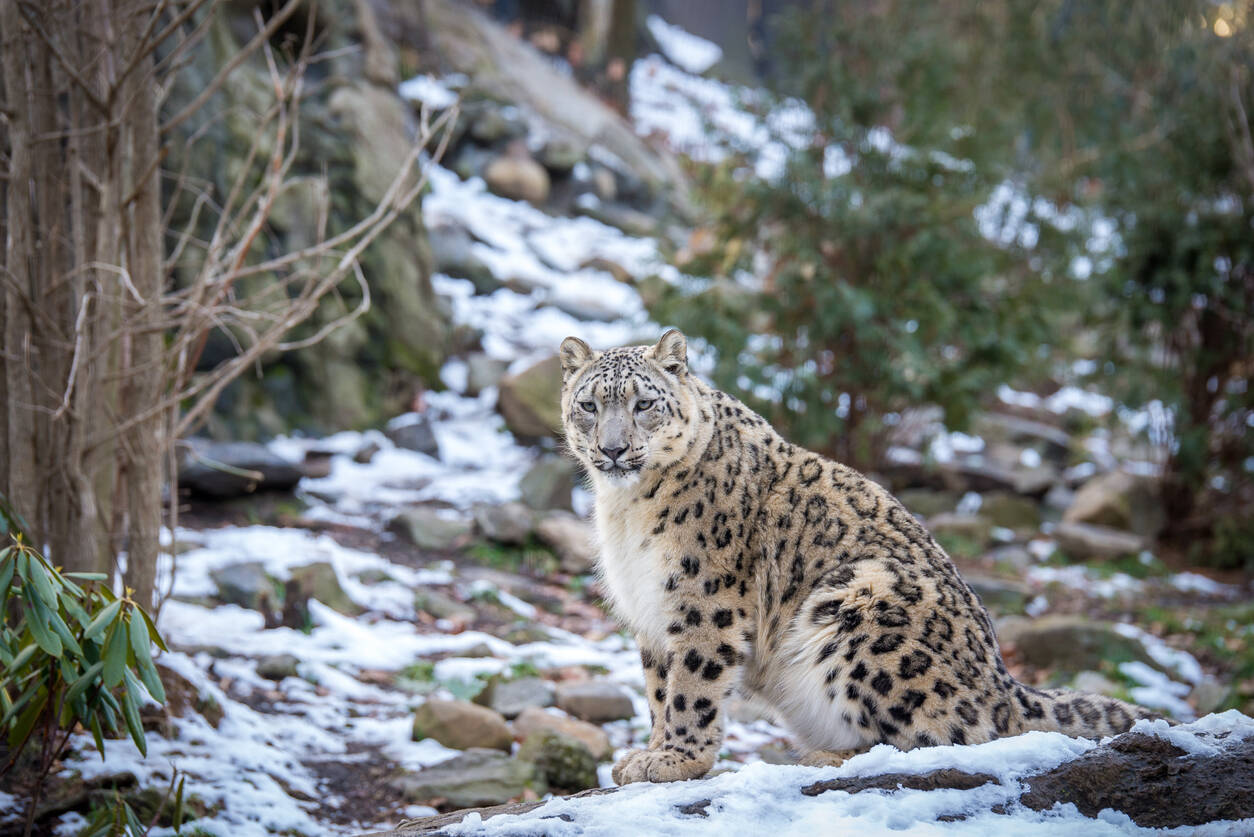
Snow leopards are one of the most elusive species, also known as the
White Ghost. This year, in April, there were multiple sighting of snow leopards in Uttarakhand’s Nanda Devi National Park. No tourists in the state and other related human interference has been attributed as the main reason for the comeback of the wild cats in the region.
Read more:
Four rare snow leopards spotted in Nanda Devi National Park in Uttarakhand
Air has cleaned up, so much so that Himalayan ranges are visible from Punjab
When people of #Jalandhar saw #Dhauladhar range first time ever. Dhualdhar’s mountain ranges lies at a distance of 213 kms from Jalandhar. This is how pollution made us blind !! PC Net. pic.twitter.com/Q0qNmaybJw
— Parveen Kaswan, IFS (@ParveenKaswan) April 3, 2020
This one took everyone by surprise as the citizens of Punjab’s Jalandhar woke up to views of Dhauladhar mountain range. It has been reported that nobody in the city has ever seen the Himalayas from their very own rooftops, never in this lifetime. All because of the drastic drop in air pollution, as humans are bound to stay inside homes.
Read more:
COVID-19 impact: People in Jalandhar get shocked to see views of Dhauladhar range for the first time!
Wildlife taking over its place on the planet
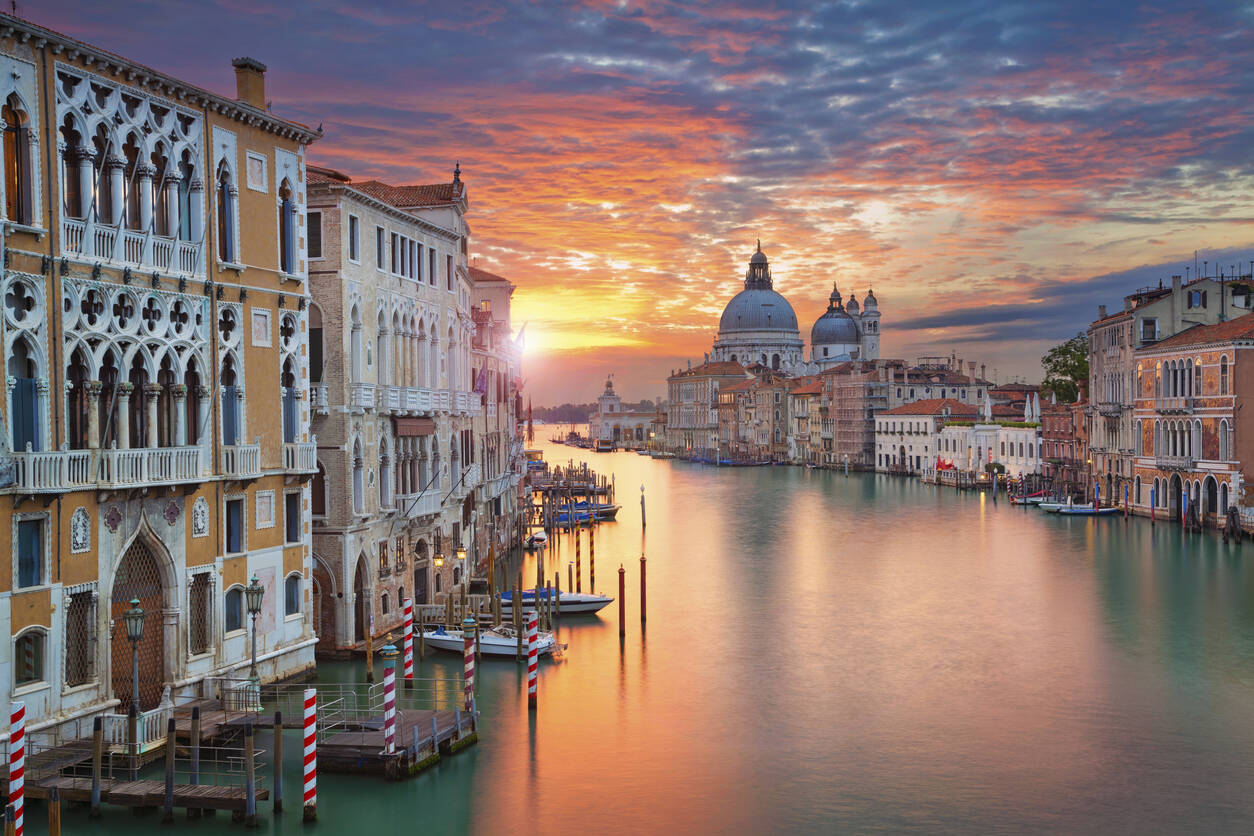
There have been reports of dolphin sightings, surprisingly close to the shoreline in Mumbai; elephants are roaming around freely in Uttarakhand; deer sightings have been reported from Chandigarh; their are lions lazing around in the Kruger National Park; the canals of Venice, bereft of gondolas, are seeing marine life. This and so much more.
As humankind is bound to home and the planet heals, it is time to take a few notes; the foremost being the fact that the planet is home to all and humans need to cohabit rather than own the resources. As travellers too, we need to understand and be grateful that the we have a beautiful planet to ourselves.
More than Instagram updates, the travel community needs to bask in a shared privilege.
Those international annual vacations; well, they were more of a ritual, more wish than a need. If we can stay home for months, like we are doing now, we can also mend ways and learn how harmful fast, unsustainable travel is.

